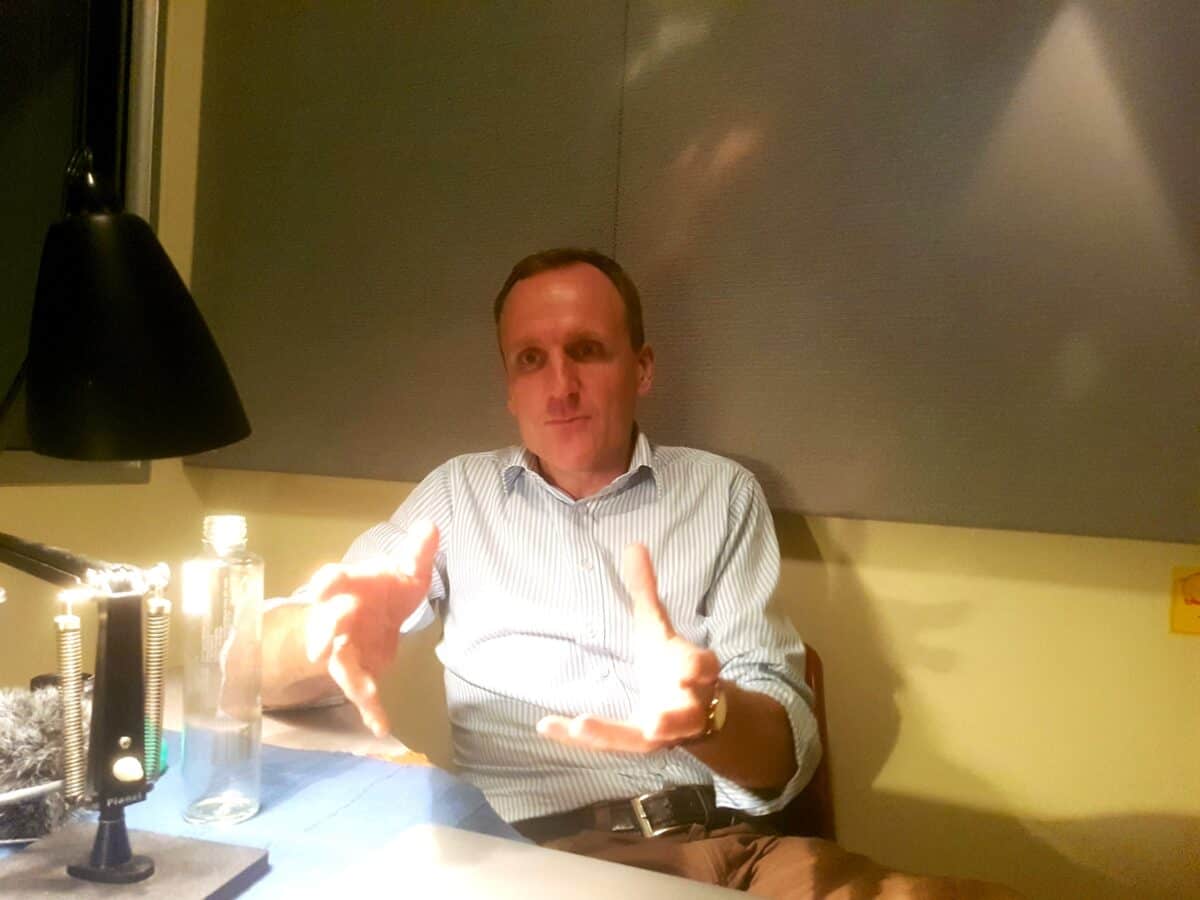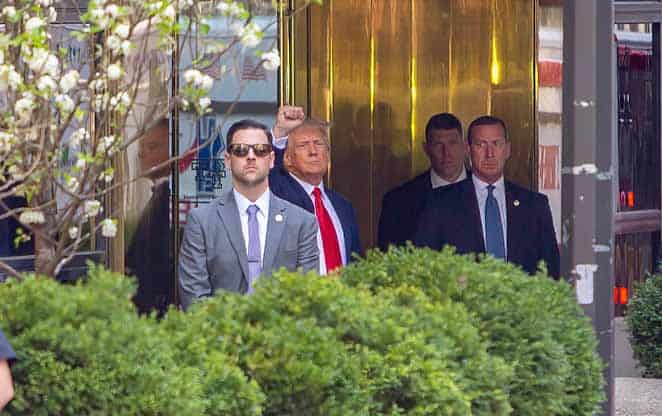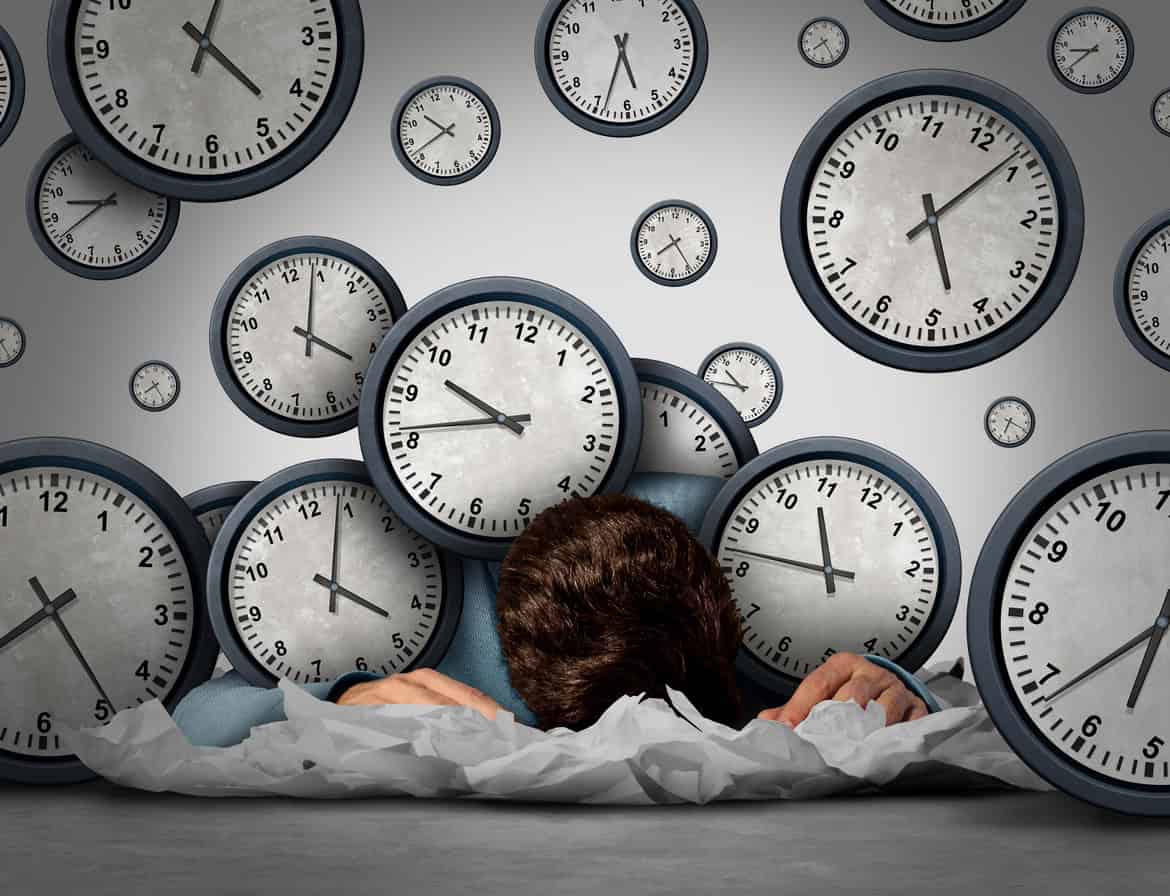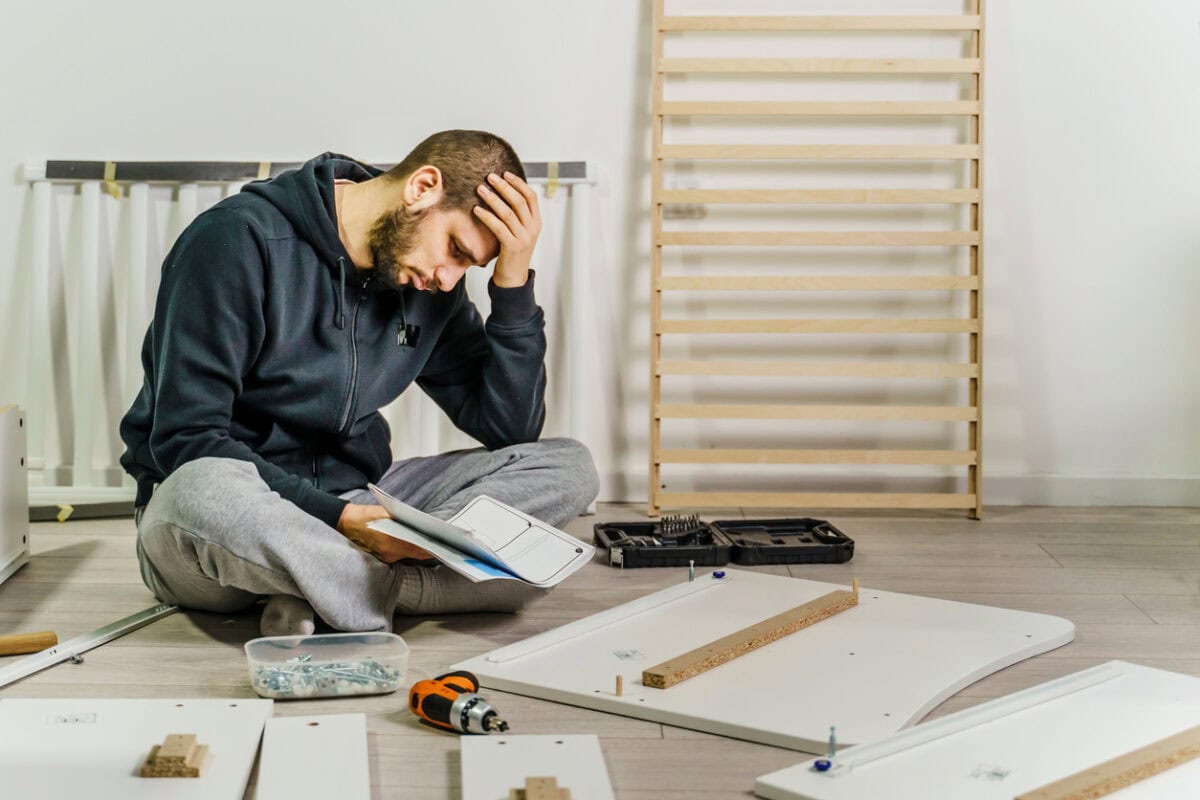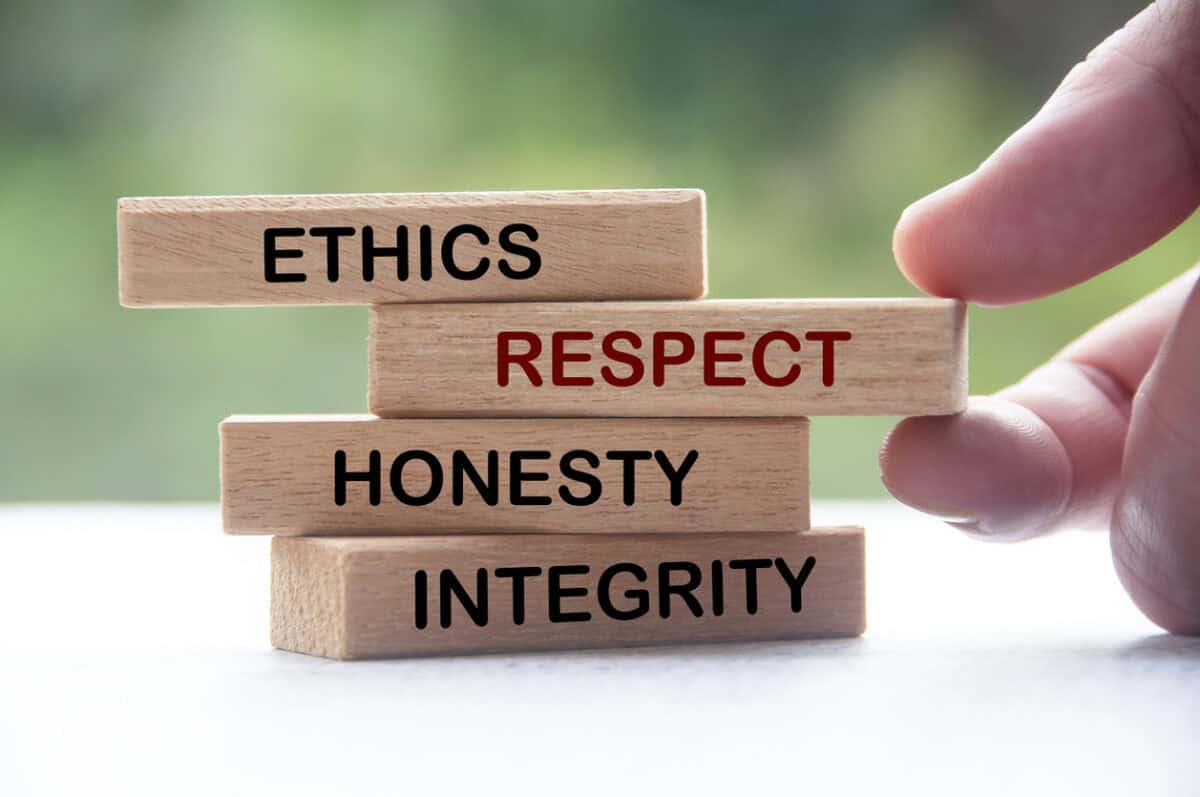One of the most interesting discussions about morality I have had was with Professor Sidney Dekker in 2017. Following my article on the morality of US President Donald Trump, below is a summary of Dekker’s thoughts on occupational health and safety and morality.
Category: Duty of Care
‘I’ll Obey the Laws I Like’: A (Sad) Leadership Masterclass
The President of the United States has always been recognised as a major leader. The morality they display spreads to global corporate leaders, especially those in the United States, and is promoted by these leaders, business institutions and management publications to business leaders and senior executives in Australia. That is why some of President Donald Trump‘s recent comments are so concerning.
Who is responsible?
Another nightclub fire due to pyrotechnics resulted in many deaths and injuries. Investigations have started, and there is a scramble about who was responsible for not reducing the risks of this type of incident.
The Australian Financial Review reported (via the New York Times and paywalled) on the lack of regulatory enforcement by local authorities.
The Ignored Costs of Unpaid Overtime
Australia has held an annual “Go Home on Time Day” for many years, but the amount of unpaid work workers give to their employers and the time their families miss out on remains high. Looking at new data in light of the legislative need for Australian employers to identify and assess psychosocial hazards, there are noticeable changes that employers need to make to comply with their occupational health and safety (OHS) obligations.
Unsafe Back Then, Unsafe Now. Why Leadership Must Change
To truly understand occupational health and safety (OHS) issues, it is necessary to examine OHS concerns beyond one’s own industry. Recently, this blog has reported on some parliamentary debates on OHS in the horse racing industry. The November edition of The Monthly includes an exposé of the OHS of Australia’s horse racing industry by freelance writer, Madison Griffiths, with lessons for all of us on morality, Godliness, accountability and leadership. The article is paywalled but well worth the purchase.
No Excuses, No Transition – Navigating Victoria’s New Psych Safety Code
Maddocks law firm has just concluded the second part of their psychological health and safety seminars. Lawyers Catherine Dunlop and Dale McQualter have the advantage of following a seminar on the same topic held by Victoria’s occupational health and safety (OHS) regulator just the other day. The advantage with this seminar is that the lawyers feel comfortable in giving their opinions and advice in contrast to the careful words of the WorkSafe people.
Why do we need a “positive duty” to prevent harm?
In 2023, a Royal Commission into Violence, Abuse, Neglect and Exploitation of People with Disability recommended that the Commonwealth Disability Discrimination Act 1992 be amended to introduce a positive duty on all duty-holders to eliminate disability discrimination, harassment and victimisation. This echoes the imposition in 2022 of a positive duty to prevent sexual harassment. Occupational health and safety (OHS) legislation has had its positive duty to prevent work-related harm since 1985. So why this current push for positive duties?

